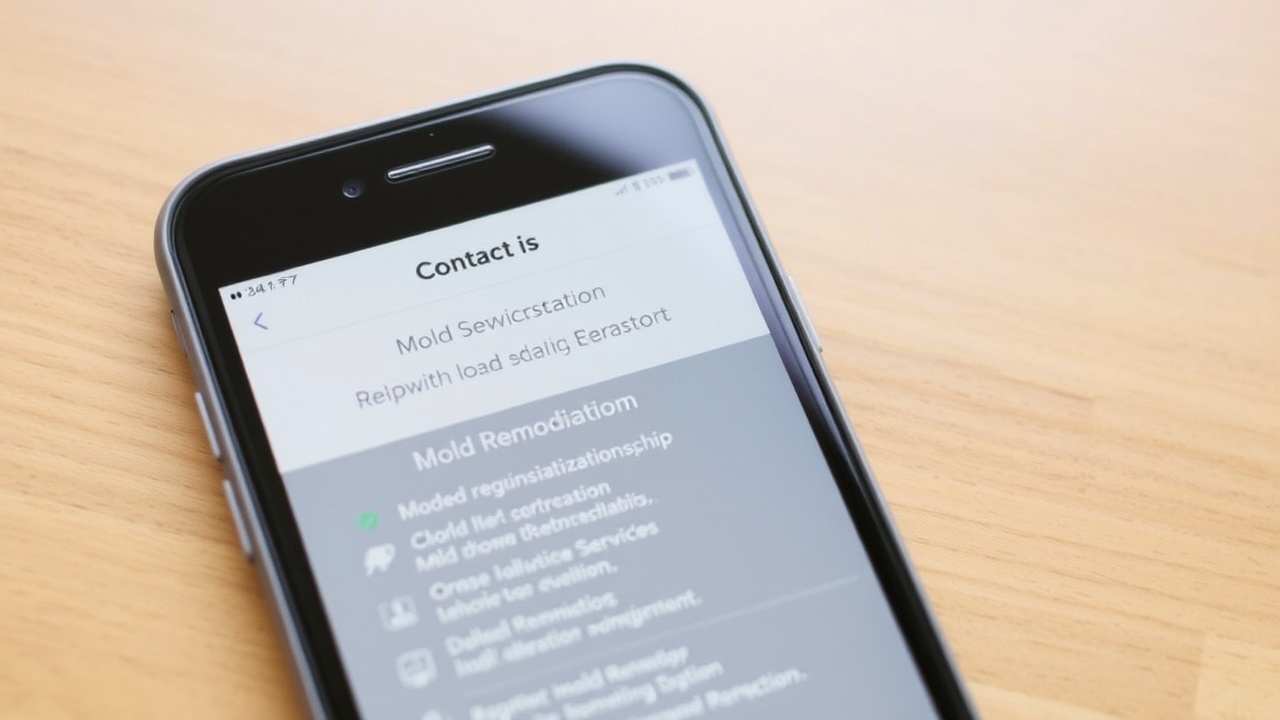Who to Call About Mold in House Near Me
Mold growth in your home can lead to significant health risks and damage to your property. Understanding who to call about mold in the house is crucial for maintaining a healthy living environment. If you suspect mold is present, it is important to act quickly to address mold issues before they escalate. The first step is to identify the source of moisture that is contributing to mold growth, as this will help in determining the right professionals to contact. You can call local mold remediation specialists, who are trained to handle mold removal and prevention. Additionally, if the mold growth is extensive, it may be necessary to contact an environmental consultant to assess the situation and recommend appropriate remediation strategies. Your local health department can also provide guidance and resources on mold issues, including potential health risks associated with exposure. If you are renting, informing your landlord about the mold issue is essential, as they are responsible for ensuring the property is safe and habitable. Taking swift action and knowing who to reach out to can help you effectively manage mold problems and protect your health and home.
Signs of Mold in Your Home
Before you call for help, it’s essential to identify the signs of mold growth. Look for:
- Visible mold on walls, ceilings, or floors
- A musty smell that suggests mold is present
- Water damage or moisture problems
- Health symptoms such as respiratory issues when indoors
Types of Professionals to Call
When dealing with a mold problem, you have several options for professional assistance:
1. Mold Inspection Specialists
Start by contacting a mold inspection professional. These experts will conduct a thorough examination of your home, identifying areas of mold growth and testing indoor air quality. They can determine the level of mold and the type of mold present, which is crucial for developing a remediation plan.
2. Mold Remediation Services
If significant mold growth is found, a mold remediation specialist should be called. They are trained to handle mold removal and remediation, ensuring that mold is safely abated and that your home is free of mold spores. They will also address underlying issues, such as excess moisture and poor ventilation, which contribute to mold growth.
3. Local Health Department
For guidance on health risks associated with mold exposure, you can reach out to your local health department. They can provide valuable information about mold and its health effects, especially if mold is present in rental properties or public spaces.
DIY Mold Inspection and Testing
If you wish to investigate mold growth on your own, consider conducting a preliminary mold test. Look for:
- Water stains or discoloration on drywall
- Evidence of moisture problems in porous materials
- Check your HVAC system for mold colonies
However, if you find a small amount of mold, it’s still advisable to consult professionals for safe mold removal and to ensure that the mold is contained and does not spread.
Mold Cleanup and Prevention
Once you’ve identified and addressed mold growth, focus on preventing future infestations. Here are some tips:
- Maintain indoor humidity levels below 60%
- Ensure proper ventilation in damp areas like bathrooms and kitchens
- Fix any leaks or water damage promptly
- Regularly inspect your home for signs of mold
Conclusion
Dealing with mold in your house requires prompt action and the right professionals. Knowing who to call about mold in your house can save you time, money, and protect your health and safety. Whether you need a mold inspection, remediation services, or guidance from the health department, taking these steps will help ensure your home remains free of mold.

